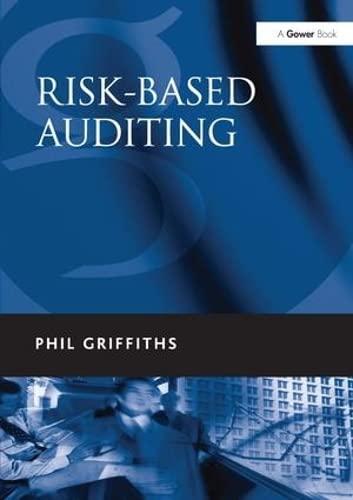Question
Qualcomm Inc. will save $570 million in taxes by reclassifying some of its foreign subsidiaries as branches of its domestic U.S. business, reducing its exposure
Qualcomm Inc. will save $570 million in taxes by reclassifying some of its foreign subsidiaries as branches of its domestic U.S. business, reducing its exposure to new tax-code provisions designed to prevent international tax avoidance. Before the 2017 tax revamp, many U.S. companies placed operations, intellectual property or profits in low-tax countries to avoid the 35% U.S. corporate tax. The U.S. lowered its own corporate tax rate to 21% and introduced new minimum taxes that were supposed to limit companies' ability to push profits out of the U.S. Qualcomm made what's known as a "check the box" election on its tax forms, reclassifying several subsidiaries from controlled foreign corporations into branches of the U.S. company.
1. (Introductory) When was the Tax Cuts and Jobs Act enacted? When did it take effect?
2. (Introductory) What are the facts of Qualcomm's tax changes? What were the reasons for the company's decision?
3. (Advanced) How did the Tax Cuts and Jobs Act affect international tax planning? What were companies doing before this law was passed? Why? How were they benefited by those actions?
4. (Advanced) Does Qualcomm's change affect the company's accounting? Does it affect the management of the business?
5. (Advanced) What is the Base Erosion and Anti-Abuse Tax? What is its purpose? How could it have affected Qualcomm's decision?
6. (Advanced) What is the Global Intangible Low-Taxed Income? What is its purpose? How could it have affected Qualcomm's decision?
Step by Step Solution
There are 3 Steps involved in it
Step: 1

Get Instant Access to Expert-Tailored Solutions
See step-by-step solutions with expert insights and AI powered tools for academic success
Step: 2

Step: 3

Ace Your Homework with AI
Get the answers you need in no time with our AI-driven, step-by-step assistance
Get Started


